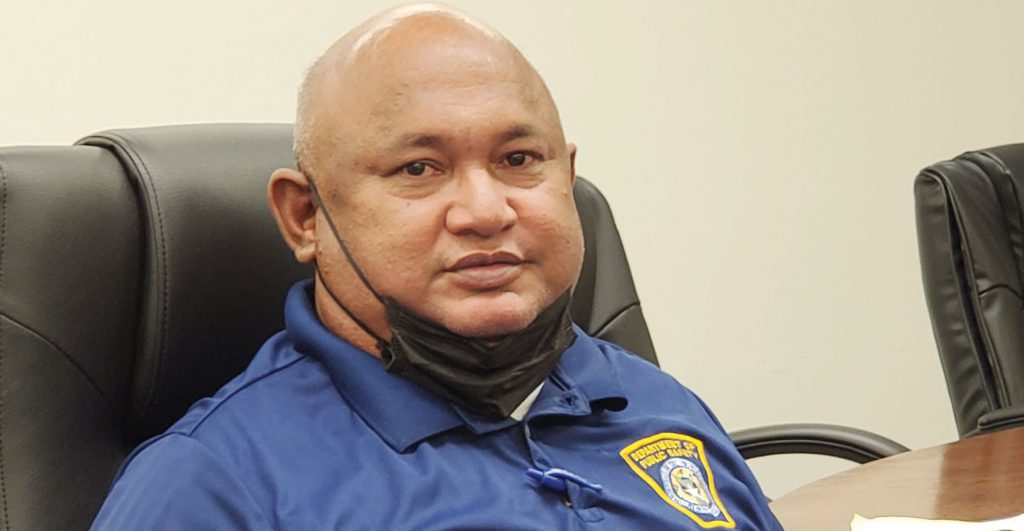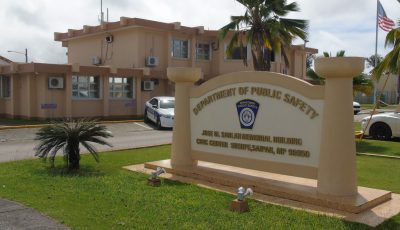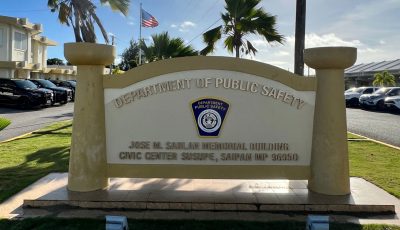DPS chief’s motion to dismiss denied
Department of Public Safety Commissioner Robert Guerrero’s motion to dismiss the lawsuit filed against him by the Office of the Attorney about alleged illegal overtime compensation has been denied.
In his motion to dismiss, Guerrero, through his lawyer, Matthew Gregory, argued that the complaint filed by the OAG is time-barred pursuant to CNMI law, specifically 7 CMC § 2503(b), due to a statute of limitation of two years.
That section provides a two-year statute of limitations for “actions against the director of Public Safety, a police officer or other person duly authorized to serve process, for any act or omission in connection with the performance of official duties.” Guerrero’s lawyer argued that Guerrero’s receipt of the alleged “emergency pay” overpayments was “in connection with the performance of [his] official duties” because the emergency pay was derived from his work as commissioner of Public Safety.
In his order, judge pro tem Alberto Tolentino explained that after applying the ordinary meaning of the terms “act” and “omission” to the statute, receiving “emergency pay” overpayments is neither an act or omission of Guerrero’s duties as commissioner and therefore it does not apply in this case.
“Although the parties appear to focus on whether the court should read the phrase ‘in connection with’ broadly or narrowly to determine whether the commissioner’s salary may be considered ‘in connection with’ the performance of his official duties, the court instead looks to the phrase ‘act or omission.’ Applying the ordinary meaning of these terms to the statute, the plain language of 7 CMC § 2503(b) evinces the intent of the Legislature to time-bar lawsuits brought against the commissioner for his performance of, or failure to perform, his official duties. Receiving a salary or overpay is neither an ‘act’ nor an ‘omission’ of the commissioner’s duties; it is merely incidental to his job,” he said.
Instead, the court found that 7 CMC § 2505, which applies a six-year statute of limitations instead of two, is more applicable in this case.
“Assuming arguendo that plaintiff’s cause of action accrued on the date of the first alleged overpayment made to defendant, plaintiff would have six years from Nov. 26, 2018, to bring this action, or until Nov. 26, 2024. Accordingly, plaintiff’s complaint was timely filed, and defendant’s motion to dismiss is denied,” Tolentino said.
According to court documents, the OAG alleges that Guerrero received excessive compensation in the form of “typhoon emergency premium compensation, overtime, or extra pay” for work he performed during Super Typhoon Yutu and its aftermath.
Specifically, the complaint alleges that Guerrero received $46,892.96 in excess of his base annual salary of $54,000 due to receiving typhoon emergency premium pay at a rate of 2.5 times his base salary in fiscal years 2019 and 2020.
As relief, the OAG seeks to recover the $46,892.96 paid to Guerrero in excess of his base salary in fiscal years 2019 and 2020.




























